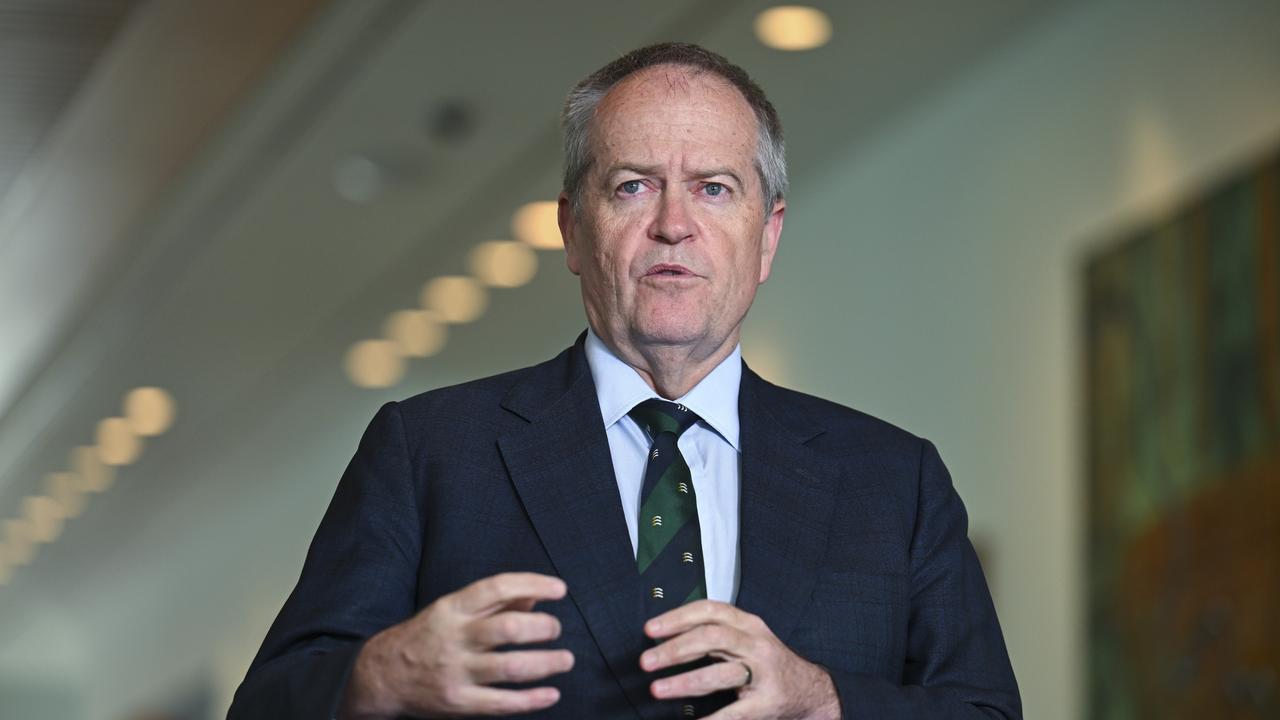NSW wary of WA schools offer
THE O'Farrell government will examine the tripling in federal funding for West Australian schools under the Gonski reforms.
THE O'Farrell government will examine the tripling in federal funding for West Australian schools under the Gonski reforms, to ensure the offer does not disadvantage NSW, which was first to sign up to Julia Gillard's school funding plan.
In a meeting with Premier Colin Barnett in Perth yesterday, the Prime Minister proposed to increase the extra money flowing into the state's schools under
its Gonski reforms from the $300 million originally proposed to more than $920m, of which the commonwealth would pay about $600m.
Ms Gillard said the deal would pump an extra $2.8 billion into the state's schools in the next six years, including about $1.9bn extra for government schools, about $360m extra for Catholic schools and about $480m extra for independent schools.
Mr Barnett immediately poured cold water on the offer, saying he remained concerned about handing control of state schools to the commonwealth and the state was unlikely to sign any deal before the federal election in September.
The offer to WA prompted the NSW government to cite the "no disadvantage" clause in the deal it signed with the commonwealth in April, which guaranteed any sweeteners offered to other states to sign up to the funding reforms would also flow to NSW.
The agreement also says "no state or territory will receive a greater share of additional funding than NSW . . . or more beneficial commonwealth indexation of existing funding arrangements".
NSW Education Minister Adrian Piccolo said yesterday: "The NSW government will examine any funding offer to another state to ensure that our agreement is being met."
Ms Gillard said the new offer to WA did not change the model "in any way" but was a reworking of the figures. "The model is the same but we always factored into the model the difference in the cost base here in WA," Ms Gillard said. "We have done some work and as a result of that work I am in a position to announce the offer.
"These factors about the cost base would have never applied to NSW. They apply here in Western Australia because of the nature of the economy here and the fact that teachers are paid more here and as a result, of course, the costs of schooling are more here, because teacher salaries, the costs of staff are such a big proportion of whole school costs."
To date, only the NSW and ACT governments have reached agreement with the federal government on a new school funding model. The Labor governments in South Australia and Tasmania are expected to sign in the next two weeks.
The increased offer to WA, the most staunch opponent of Ms Gillard's school reforms, has raised expectations about the government's willingness to negotiate more favourable deals with the other hold-out states to woo them before the June 30 deal deadline.
The Victorian government yesterday released a list of 500 schools it says will lose funding under the Gonski reforms, echoing similar claims made earlier this week by the Queensland government concerned the rates of indexation would not cover rising costs in schools.
Victorian Education Minister Martin Dixon said Ms Gillard's new offer showed "yet again" its funding reforms were "an utter shambles, and a poor imitation of the Gonski report's recommendations".
Queensland Education Minister John-Paul Langbroek said the revised offer revealed the federal government was still unable to get its numbers right less than two weeks before the deadline for the deal expiring.
Opposition education spokesman Christopher Pyne said Ms Gillard was now "making up funding figures that are entirely off budget . . . to cobble together a school funding agreement".
Additional reporting: Kathryn Shine



